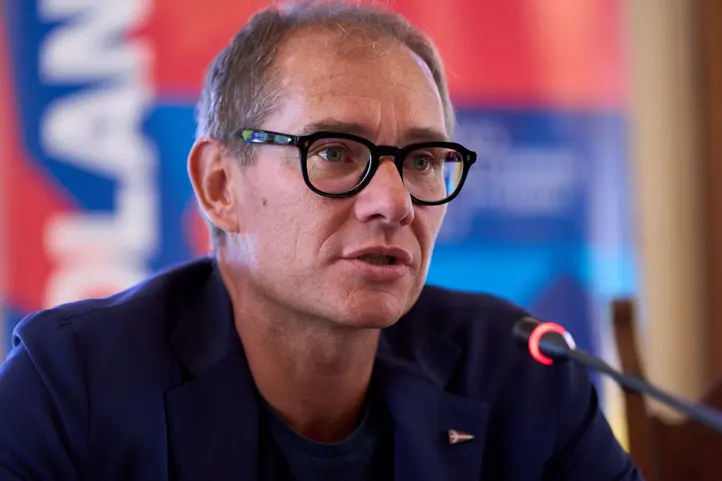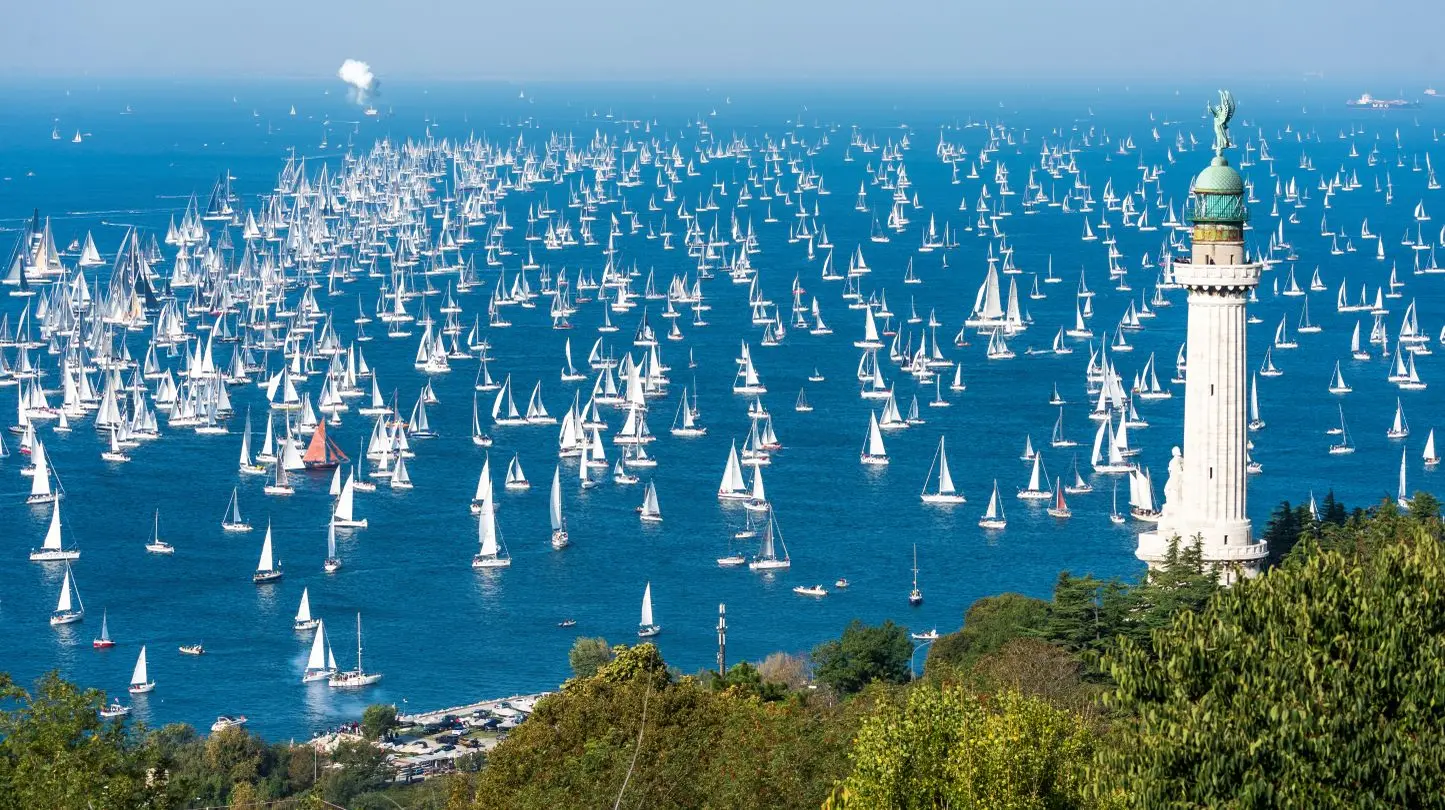The Barcolana of Trieste is one of the most famous sailing regattas in the world and, since 2018, it has been listed in the Guinness World Records as the "Largest Sailing Race", thanks to the 2,689 boats registered in that edition.
Traditionally, the Barcolana stands as the second most significant event of the year in the regional capital, Friuli Venezia Giulia, surpassed only by the Assicurazioni Generali assembly, which, unsurprisingly, is the main sponsor of the event. Each year, the regatta draws an average of 25-30 thousand sailors and up to 400,000 visitors to Trieste. Given Trieste's population of approximately 200,000, it's easy to realise what an impact the event, which is spread over a total of ten days, can have on the city.
Reducing the 'carbon footprint' and impact of Barcolana is one of the goals the event has set itself for this 56th edition. The commitment also arises from technological progress: at the end of the 2023 edition, thanks to the partnership with Justonearth, Barcolana was able to obtain the value of certain parameters that, without a way to measure them, had always remained vague.
The start-up has provided Barcolana with a stable measurement criterion and a result for the number of people present during the event days. "Starting from that data and together with additional parameters that the start-up is able to calculate, we will be able to initiate a process of measuring the impact of the event and thus have, over time, data that will allow us to assess how to improve and make the event more sustainable" explained the president of the Società Velica di Barcola e Grignano, Mitja Gialuz (in the picture below, En) who organises the event.
According to the data collected in the first days, littering has shown a continuous decline, averaging 2% compared to last year's values, while CO₂ emissions experienced maximum decreases of 8% but also days of slight increases in the annual comparison. For the 2024 edition, Gialuz further explains, "the target is to decrease emission data by at least 15% compared to the previous year. We must remember that Barcolana is a complex event and, in my view, like all similar events, sustainability should be evaluated in all aspects. From how you get to the Barcolana to its impact on the city, which is measured in different ways, including through the waste collection rate. We are fine-tuning and refining a number of indicators".
Is recycling making a good contribution?
"It is. Over the years, we have addressed the challenge of managing separate waste collection during event days, acknowledging that we live in Trieste, a city where the rate of separate waste collection is fairly low, and considering that the Barcolana presents several challenges due to the presence of a 'temporary village' along the banks".
Reaching the event is always complex. What solutions have you considered to avoid traffic?
We have worked to accurately calculate the flow of people, to try to close the Rive of Trieste (the streets along the coast of the city) and ensure access via electric buses provided by Trieste Trasporti. These measures have been implemented alongside promoting the use of the train as the primary mode of transportation into the city. Throughout the years, we were able to extend the event duration from 4-5 days to 10 days. We have a historical average of 400,000 attendees over the ten days".
It seems to be clear that the aim is to make the Barcolana a driver of sustainability, correct?
"Absolutely, the aim is exactly that, to use Barcolana for public awareness. This includes the provision of 100% recyclable glasses, to avoid disposable ones and promote recycling, both for those on the boat and those participating from land. All this serves as an incentive to continue practising waste separation throughout the year. Moreover, we were the first regatta in the world to have an 'On-Board Ecological Officer'. This role must be filled on the entry form alongside the helmsman, to ensure sustainable practices, from purchasing supplies to waste separation. For these roles, we have created a set of rules to try to implement some good practices".

